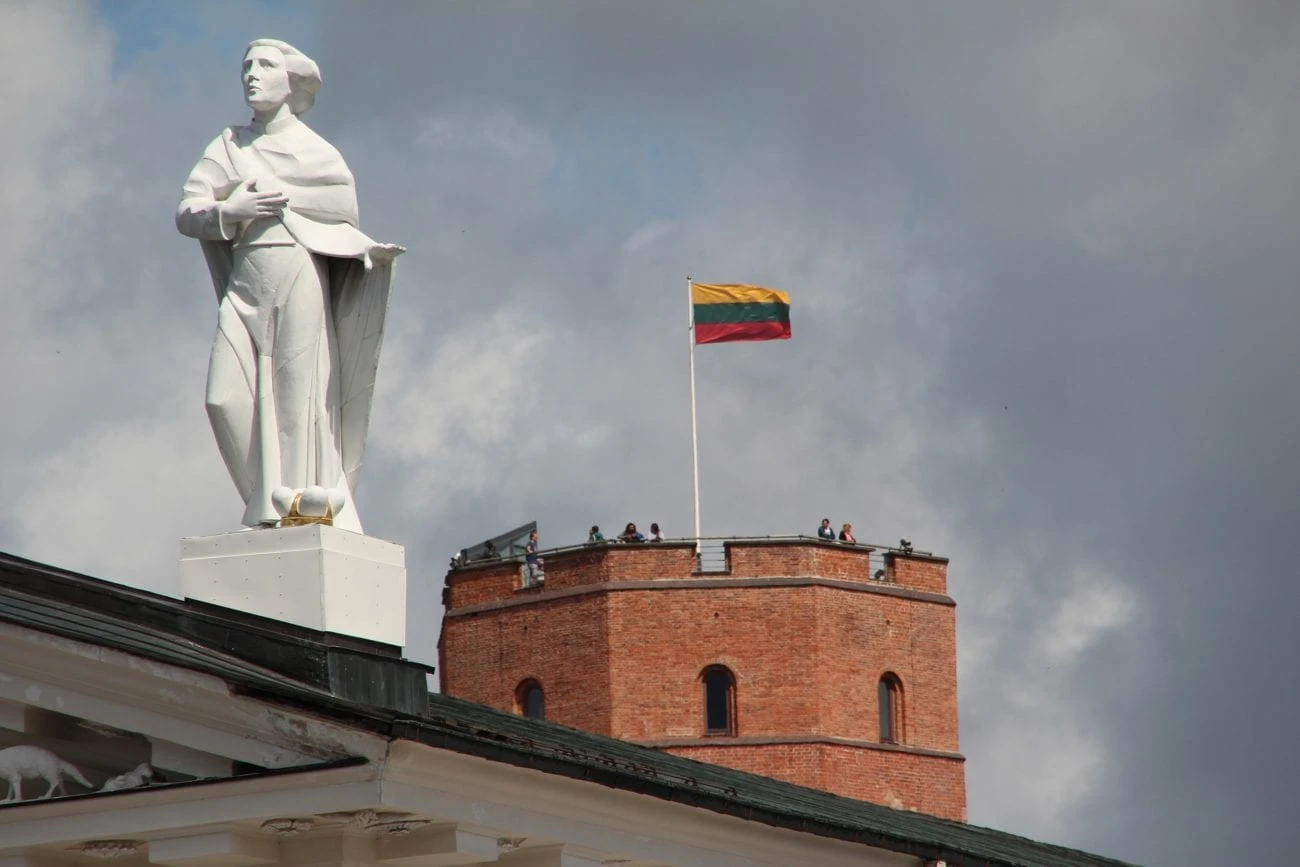Lithuania generates revenue record in 2022 as online soars

According to figures from Lithuania’s Gambling Supervision Service, the European nation generated gross gaming revenue of €195.8m during the year to 31 December 2022. That total is up 43.8% on 2021 and almost twice the €99.4m it was worth as recently as 2018.
Remote gambling made up 62% of the total, with the €121.7m up 18.6% year-on-year. Some 38% of that total was €74.9m from online Category A slot machine games, with remote betting the second biggest segment, worth €34.9m.
The four land-based categories each doubled the previous year’s GGR total, with gaming tables and category A machines achieving record results. Category B machines was the second largest segment, with €32.4m generated, up 118.9% on 2021 as Covid restrictions eased, although this figure was still slightly less than pre-pandemic figures.
Land-based betting is also still slightly down on pre-Covid years, although the €9.9m generated in 2022 was well up on the €4.0m of 2021.
The report said the average spend on gambling among Lithuanian adults was €85, which was up 44.1% year-on-year and just short of twice the figure reported for 2018.
The Gambling Supervision Service, which works under Lithuania’s Ministry of Finance, said there are currently 39 gambling licensees. During 2022, it received 81 complaints, which was well up on the 45 from 2021. Fines for operators totalled €114,644, which was up 175% year-on-year.
By the end of 2022, there are now 1,145 blocked domains in Lithuania, which is up on the 904 from 2021 and almost double the 647 from 2020.
Some 11,388 Lithuanians have requested to be excluded from gambling, of which 89 are men and 88% adults under 40 years old. That total is up 52.1% compared to 2021.
The Gambling Supervision Service said its plans for 2023 include a risk assessment of business entities, particularly in relation to money laundering and terrorist financing.
Last year, Lithuania’s Gambling Supervision Service amended the country’s Code of Administrative Offences (ANK) after it discovered a loophole that prohibited the confiscation of income generated by illegal acts, such as unlicensed gambling.
